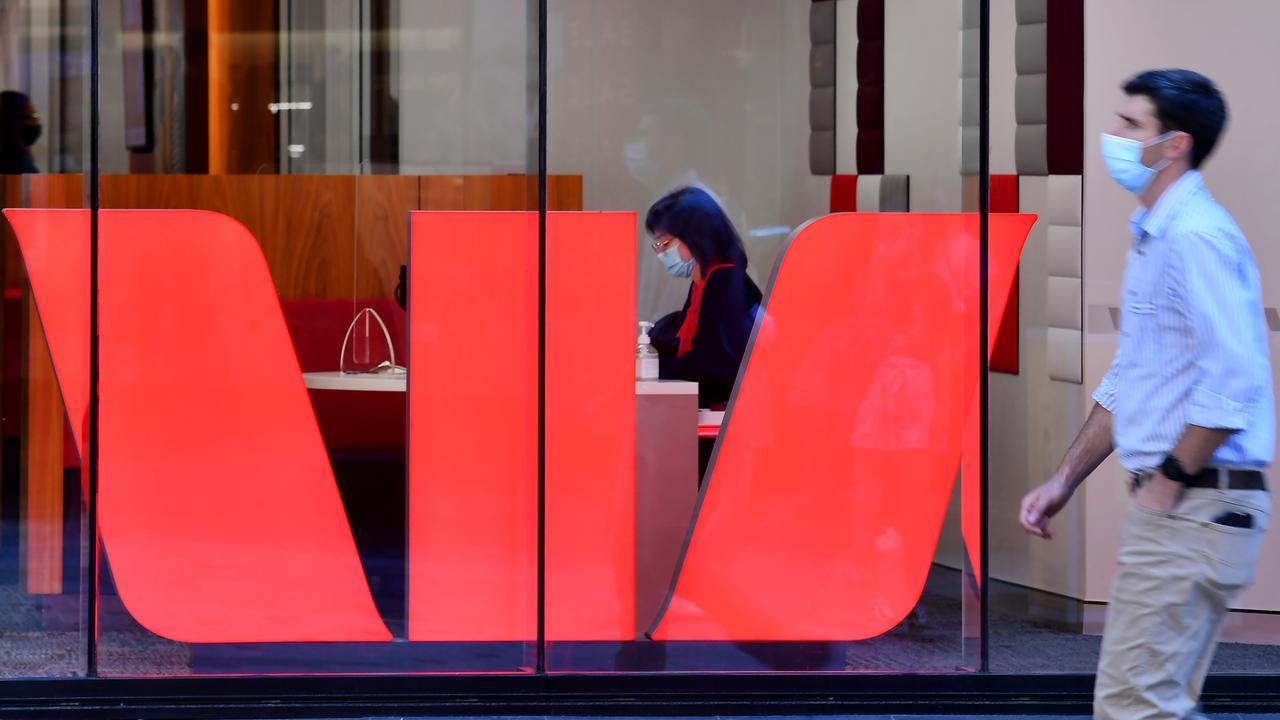Westpac consumer sentiment survey says Aussies preparing to save tax cut money
One major Aussie bank has made a huge call about how people will use their tax cut cash boost in the coming months, warning not to expect a shopping spree.
Most Aussies will squirrel away the cash from the upcoming Stage 3 tax cuts, with a major bank finding 80 per cent of the July boost is set to to into people’s savings rather than launch a new shopping spree.
Westpac’s latest consumer sentiment index says the tax cuts will “repair” finances following two years of rolling cost-of-living pressures.
“Of the respondents who expect to receive a tax cut, 30 per cent plan to save all of it, while a further 50 per cent expect to save at least half,” Westpac senior economist Matthew Hassan said.
“We estimate that households plan to save around 80 per cent of the Stage 3 tax cuts.
“The results suggest consumer will use tax relief as an opportunity to repair their finances and rebuild saving buffers rather than spend,” he continues.
“If they follow through on this plan, only $4.7bn of the $23.3bn in tax relief will be spent, giving a spending boost of 0.35 points.
“If they instead opted to save half, the boost would be closer to 0.9 points.”
Westpac’s data matches a survey from NAB earlier in May, which found a majority would use the tax cut to save money or beat back cost-of-living pressures rather than splurge on one-off items.
The bank estimates more than a third, or 36 per cent, plan to save extra money rather than splurging on non-essentials.
A majority of Gen Z Australians (53 per cent) will save rather than spend.
49 per cent of those earning between $100,000 and $150,000 will likely choose frugality over extravagance, NAB’s data shows.
Some 29 per cent plan to beat back higher living costs with the cash boost while 22 per cent will use it to pay down debt.

From July 1, Australians will pocket between $350 and $4500 in extra cash each year depending on their income bracket as part of the tax cut package.
Westpac’s index shows Australian consumers remain “deeply pessimistic” as inflation and rate hike fears swirl.
The Index dipped 0.3 per cent in May from 82.4 in April.
“While expectations improved a touch in May, this was overshadowed by a further deterioration in current conditions and fears that persistently high inflation may require further interest rate rises,” Mr Hassan said.
“The sentiment level and mix and responses to additional questions about July’s tax cuts point to continued spending restraint by consumers heading into the second half of the year.”




